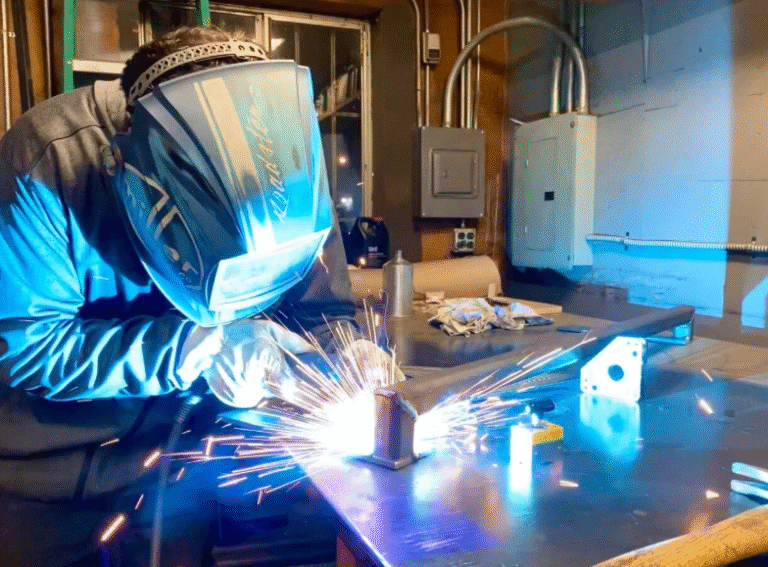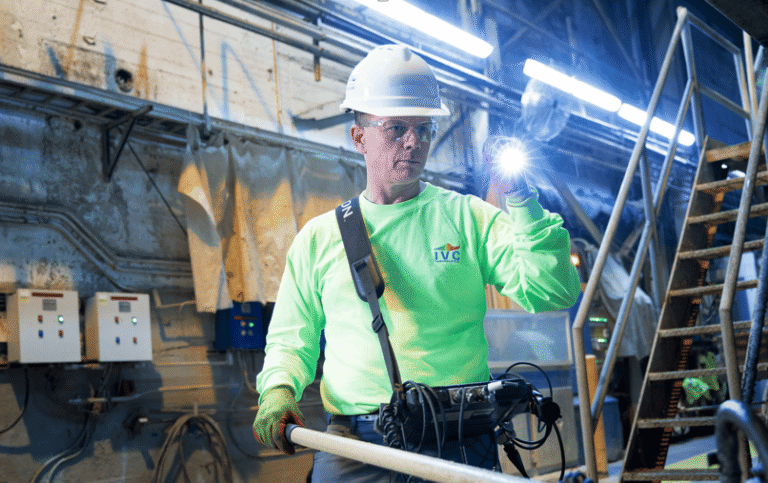As the urgency to address climate change intensifies, green tech innovations emerge as pivotal solutions across multiple sectors. From advanced renewable energy systems that optimize resource use to innovative waste management practices that minimize environmental footprints, technology is redefining our approach to sustainability. Furthermore, advancements in sustainable transportation and smart agriculture are fostering a more resilient future. Yet, the question remains: how effectively can these technologies be integrated into existing infrastructures to maximize their impact? Exploring this intersection could unveil critical insights for our collective environmental strategy.
Renewable Energy Solutions
As the urgency of combating climate change intensifies, the development of renewable energy solutions has emerged as a pivotal focus for governments, businesses, and researchers worldwide.
Recent solar panel advancements have dramatically increased efficiency and affordability, while wind energy innovations are optimizing turbine designs for greater output.
Together, these technologies provide sustainable alternatives, empowering communities to transition towards energy independence and a cleaner future.
See also: Cybersecurity in the Age of AI: Protecting Data in 2025
Waste Management Technologies
Innovative waste management technologies are revolutionizing how communities handle and process waste, significantly reducing environmental impacts.
These advancements embrace the principles of sustainability and freedom from reliance on landfills. Notable innovations include:
- Waste to energy conversion systems
- Advanced recycling techniques
- Smart waste sorting solutions
- Biodegradable packaging developments
- Composting technologies
Together, these solutions empower communities to reclaim resources and minimize ecological footprints.
Sustainable Transportation Advances
The advancements in waste management technologies pave the way for further innovations in sustainable transportation, both of which are integral to creating a greener future.
Electric vehicles are becoming increasingly mainstream, reducing carbon emissions and enhancing personal freedom.
Additionally, investments in public transit systems promote accessibility and efficiency, encouraging communities to embrace eco-friendly options while alleviating traffic congestion and minimizing environmental impact.
Smart Agriculture Practices
Smart agriculture practices represent a transformative approach to food production, leveraging technology to enhance efficiency and sustainability.
Techniques like precision farming and vertical gardens are at the forefront of this revolution, enabling farmers to maximize yields while minimizing environmental impact.
Key benefits include:
- Reduced water usage
- Enhanced crop monitoring
- Improved soil health
- Space-efficient growing
- Lower carbon footprint
These innovations empower freedom in food production.
Conclusion
In the ongoing battle against climate change, green tech innovations emerge as a vibrant tapestry of hope and resilience. Renewable energy solutions, like radiant solar panels and towering wind turbines, paint a future of clean energy. Waste management technologies transform refuse into valuable resources, while sustainable transportation advances glide towards a greener horizon. Smart agriculture practices cultivate harmony between nature and technology, ensuring nourishment for generations to come. Collectively, these innovations illuminate a path toward a sustainable and thriving planet.



